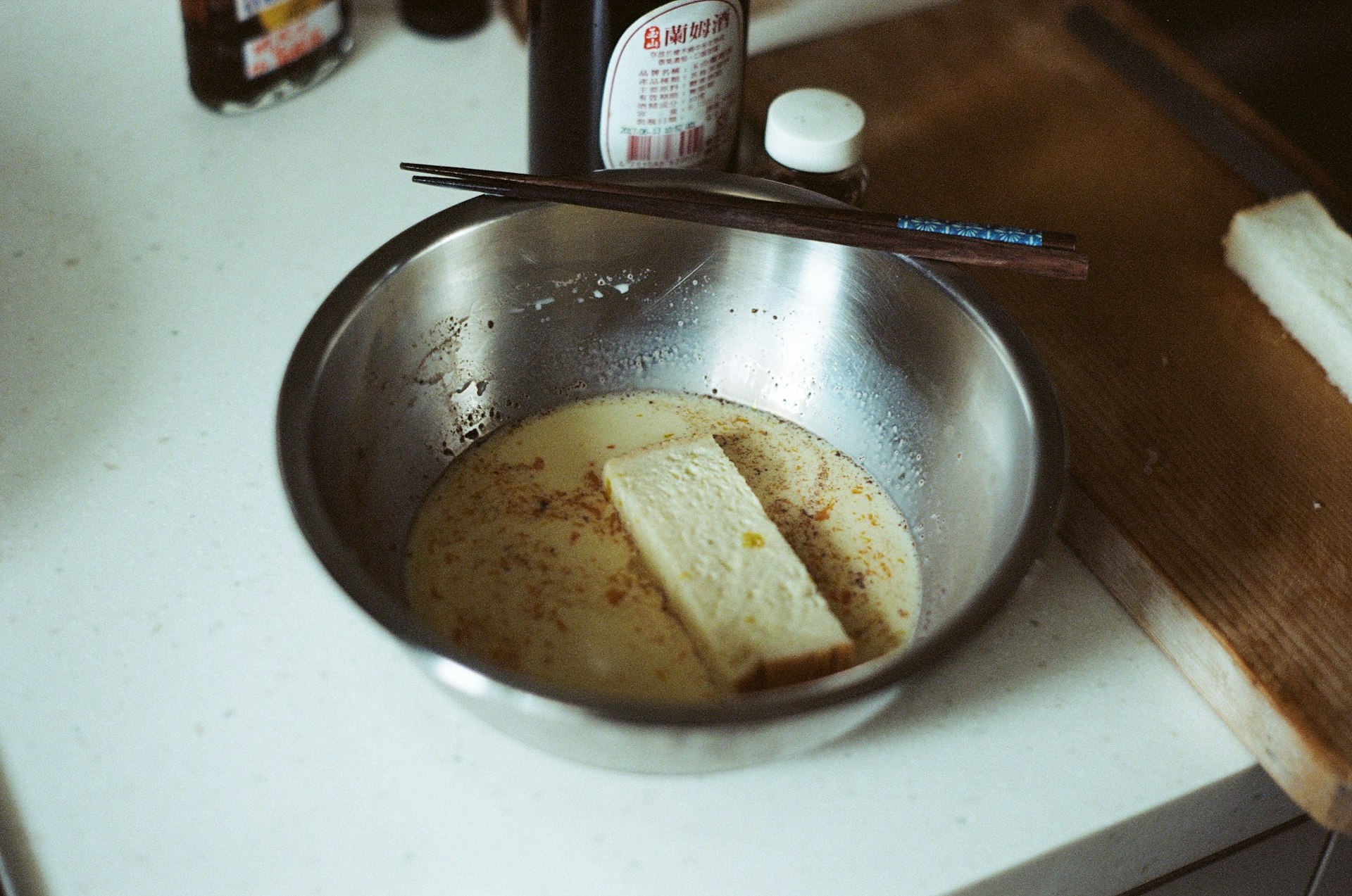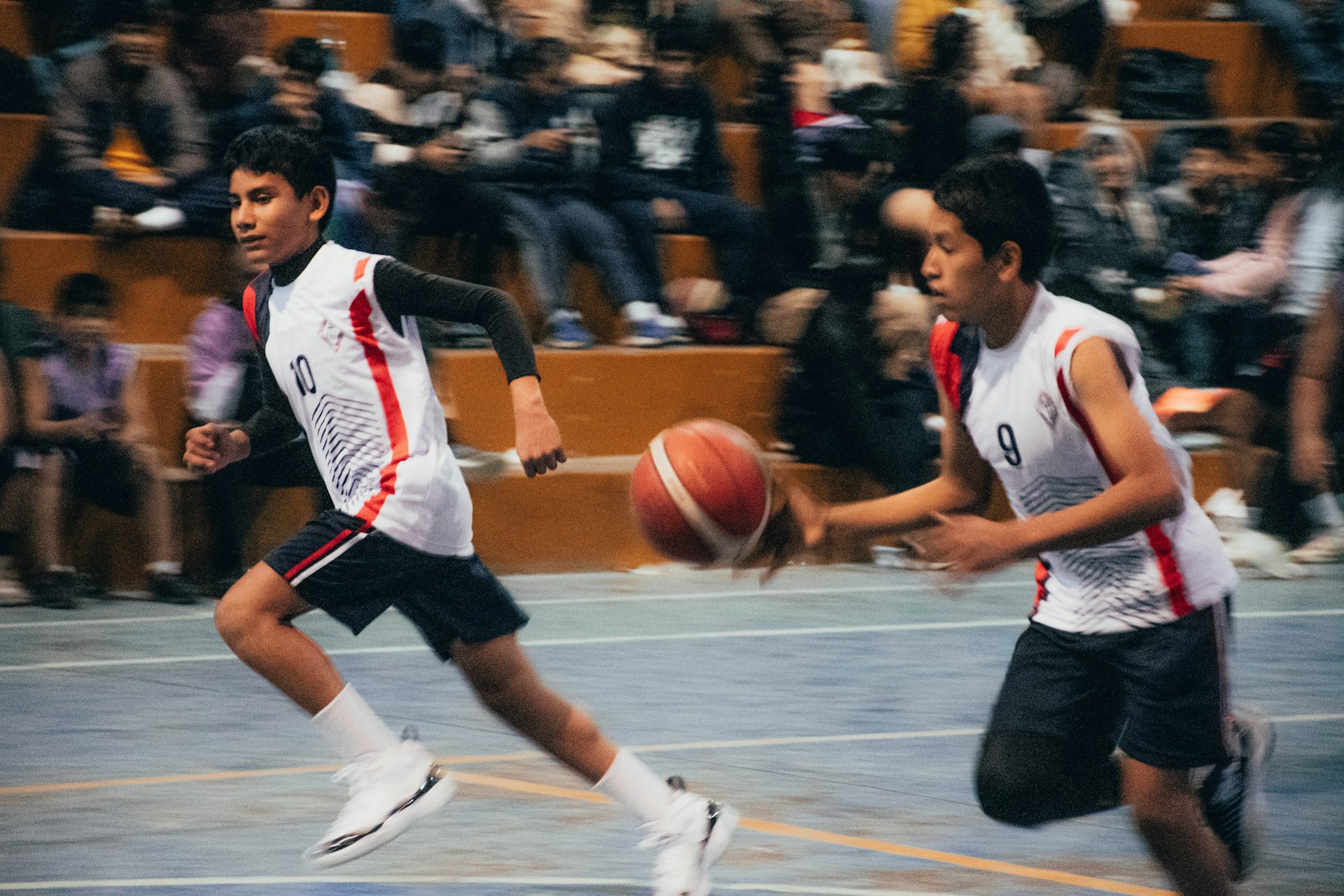Experience Wellness: Mocktail Recipes Featuring Adaptogenic Herbs

Photo by Kazuyuki AOKI on Unsplash
Introduction to Adaptogenic Mocktails
Adaptogenic mocktails are non-alcoholic beverages that combine the flavors of herbs and botanicals with the wellness benefits of adaptogens-natural substances believed to help the body resist stress and restore balance. These drinks offer a unique way to enjoy social occasions or relax at home while supporting your mental and physical wellbeing. In this article, you’ll learn about the core principles of adaptogenic mocktails, explore real-world recipes, and receive step-by-step guidance to create your own functional beverages. We will also discuss key adaptogenic herbs, their potential benefits, and practical alternatives for every palate.
What Are Adaptogenic Herbs?
Adaptogenic herbs are plant-based compounds renowned for their potential to promote balance in the body, especially in response to stress and fatigue. Commonly used adaptogens include ashwagandha, rhodiola rosea, reishi mushroom, tulsi (holy basil), and shatavari. These herbs have a long history in traditional medicine systems, such as Ayurveda and Traditional Chinese Medicine, and are now being embraced in contemporary wellness culture for their holistic benefits [1] [5] .
While research on adaptogens is ongoing, many people incorporate them into their routines to potentially support resilience, focus, and calm. It’s important to note that effects may vary and those with underlying health conditions should consult a healthcare professional before introducing new herbal ingredients.
Benefits of Adaptogenic Mocktails
Unlike traditional cocktails, adaptogenic mocktails offer the following advantages:
- Alcohol-Free Enjoyment : Ideal for those avoiding alcohol yet wanting a sophisticated beverage experience.
- Potential Stress Relief : Herbs like ashwagandha and rhodiola are linked to stress resilience and relaxation [1] .
- Cognitive Support : Ingredients such as bacopa monnieri and ginkgo biloba are explored for their possible effects on memory, focus, and mental clarity [5] .
- Customizable Flavors : The wide range of herbs, fruits, and botanicals allows for endless creativity and personalization.
- Functional Beverages : These drinks can be integrated into wellness routines as a healthy alternative to sugary sodas or alcoholic cocktails [2] .
Key Adaptogenic Herbs Used in Mocktails
The following adaptogenic herbs are commonly used in mocktail recipes, each offering distinct flavor profiles and potential wellness benefits:
- Ashwagandha : Traditionally valued for stress management and vitality. Its earthy flavor works well in spice-forward drinks [1] .
- Rhodiola Rosea : Known for supporting energy and mental stamina, with a subtle floral bitterness [5] .
- Reishi Mushroom : Sought after for its calming effects, reishi also adds depth and umami to beverages [1] .
- Tulsi (Holy Basil) : Offers a slightly sweet, clove-like flavor and is celebrated for its balancing properties [1] .
- Shatavari : Traditionally used to support vitality; it’s mild and blends easily in fruit-based drinks [3] .
- Bacopa Monnieri : Investigated for memory and focus enhancement [5] .
- Ginkgo Biloba : Known for supporting cognitive function and blood flow [5] .
How to Create Adaptogenic Mocktails at Home
Making adaptogenic mocktails at home is a simple and rewarding process. Here are step-by-step instructions and practical tips to get started:
Step 1: Choose Your Adaptogen
Select one or a blend of adaptogenic herbs based on your desired benefits and flavor profile. Many health food stores and online retailers offer adaptogen powders or tinctures. If you’re new to adaptogens, start with a small dose to assess your tolerance [3] .
Step 2: Select Your Base
Use still or sparkling water, herbal teas, or unsweetened juices as your base. Sparkling water creates a festive, effervescent drink, while herbal infusions add subtle flavors and color.
Step 3: Add Flavor Enhancers
Enhance your mocktail with fruits (such as berries or citrus), herbs (mint, basil, rosemary), and natural sweeteners (honey, agave, or maple syrup). This step allows you to personalize the taste and aroma of your drink.
Step 4: Mix and Garnish
Combine all ingredients in a shaker with ice. Shake or stir until well mixed, then pour into a glass over fresh ice. Garnish with edible flowers, fresh herbs, or a twist of citrus for a visually appealing presentation [4] .
Tip: If using powdered adaptogens, be sure they’re fully dissolved before serving. Tinctures can be added directly to the glass for effortless blending.
Sample Adaptogenic Mocktail Recipes
1. Adaptogenic Herbal Mocktail (Full Bloom)
This refreshing drink balances herbal complexity and citrus brightness.
Ingredients:
- 2 oz adaptogenic elixir (such as Three Spirit Social Elixir)
- 1 oz basil simple syrup
- Juice of 1 lime
- 2 oz tonic water
- Ice and edible flower garnish
Instructions: Add ice, lime juice, basil simple syrup, and elixir to a shaker. Shake, strain into a glass with ice, top with tonic water, and garnish [4] .
2. Adaptogenic Beet Rose Mocktail
This mocktail combines adaptogenic mushroom drops with beet and rose for a vibrant, earthy flavor and color.
Ingredients:

Photo by Danielle Suijkerbuijk on Unsplash
- Adaptogenic mushroom tonic or drops
- Beet powder (or beet-infused water)
- Rose syrup
- Sparkling water
- Ice and rose petals for garnish
Instructions: Stir beet powder into boiling water, steep, and strain. Shake with rose syrup, ice, and lemon. Pour into a glass, add adaptogenic mushroom drops, and garnish [2] .
3. Yin and Yang Mocktail
Inspired by Ayurveda, this drink features ashwagandha and shatavari for balance.
Ingredients:
- 6 oz apple cider
- 1/2 dropper ashwagandha tincture
- 1/2 dropper shatavari tincture
- 1/2 tsp freshly grated ginger
Instructions: Mix all ingredients, serve over ice, and enjoy [3] .
4. Simple Adaptogen Lemonade
For a quick, energizing mocktail, mix lemon juice, water, sweetener, and a teaspoon of adaptogen powder. For flavor complexity, add mint, basil, or rosemary [5] .
Tips for Sourcing Adaptogenic Ingredients
Adaptogenic herbs and tinctures can be found at health food stores, herbal apothecaries, and reputable online retailers. When sourcing, look for products that are:
- Third-party tested for purity and potency
- Clearly labeled with dosage and usage instructions
- Free from artificial additives and fillers
If you’re unsure where to start, you can consult with a qualified herbalist or holistic practitioner for recommendations on reputable brands and blends.
Safety Considerations and Alternatives
Although adaptogens are generally safe for most healthy adults, individual responses can vary, and some herbs may interact with medications or underlying conditions. If you are pregnant, nursing, or managing health concerns, consult with a licensed healthcare provider before consuming new herbs.
For those seeking alternatives, consider using calming herbs like chamomile, lemon balm, or lavender in your mocktails. These provide gentle relaxation and can be enjoyed by most individuals without the specialized effects of adaptogens.
Expanding Your Mocktail Repertoire
Once you’re comfortable with basic recipes, experiment by infusing your mocktails with seasonal fruits, botanical bitters, or unique spices. Try adding a dash of edible glitter for visual appeal, or mixing in nootropic ingredients such as L-theanine for enhanced focus [5] .
You can also explore community classes, wellness workshops, or online platforms for inspiration and to connect with others interested in functional beverages. Search for terms like “adaptogenic mocktail class” or “herbal mixology” in your city or through established herbalist organizations.
Summary and Next Steps
Adaptogenic mocktails are a flavorful way to enjoy the benefits of herbs while expanding your beverage options. With a little experimentation and guidance, you can craft drinks that are both delicious and functional. Always source quality ingredients, start with small doses, and consult a professional if you have questions about herbal safety. For further learning, explore reputable herbalism books, consult certified practitioners, or join wellness communities online.
References
- [1] Visp (2024). Healthy Adaptogen Mocktail Recipe.
- [2] Anima Mundi Herbals (2022). A Healthy Mocktail Guide, Hangover Free.
- [3] Make It Grateful (2019). 4 Herbal Mocktails That Are Just as Good as Any Cocktail.
- [4] Frolic and Fare (2023). Adaptogenic Herbal Mocktail.
- [5] De Soi (2024). Adaptogen Mocktails: Enhance Your Wellness Routine.
MORE FROM jobzesty.com













